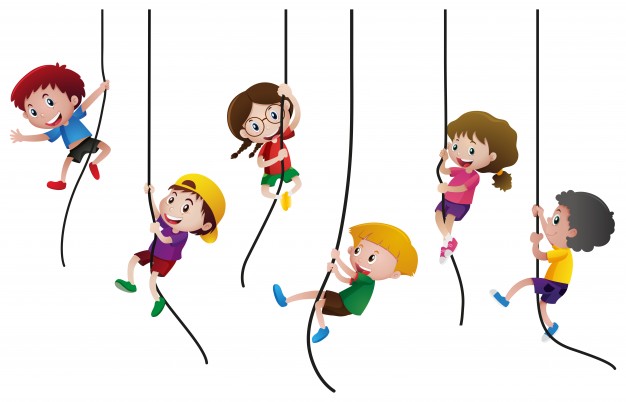


Developmental Psychology
Developmental Psychology defines, studies and measures changes in human behavior in the process from prenatal period to death. It examines the physical, mental and social stages of development that occur in prenatal, infancy, childhood, adolescence, youth, adulthood, and old age. The changes in thought, emotion, and behavior that individuals experience throughout their lives, and the inherited or environmental factors that affect these changes, are among the main topics of Developmental Psychology. Universal features, individual differences and cultural influences in development are the main areas of interest.
Although developmental psychology studies the process from prenatal to death, many researchers working in this field focus specifically on childhood. The most important reason for this is that many developments and changes occur simultaneously and quickly during childhood. Social, emotional and cognitive development as well as the impact of physical development on the individual are among the research and application areas of developmental psychologists.
How infants and children are attached to their parents, what personality patterns they have, language and moral development, friendship relationships, gender-related behaviors, emotional and cognitive development are some of the areas in which developmental psychologists work with children. As a result of family separation, individualization, and willing to spend more time with friends, developmental psychologists study friendship and family relationships, emotional development, and family ties during adolescence. Psychologists who work in lifelong development study developmental processes such as adulthood years, middle age, old age, parenting, retirement.
